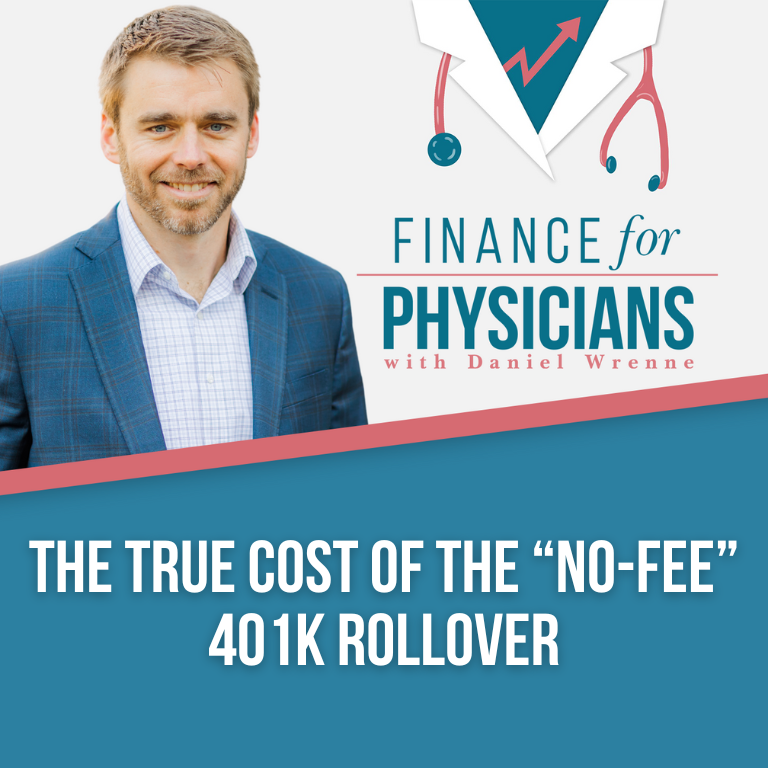You see the signs all over the place… “We Accept 401k Rollovers”. Apparently people are taking banks and other financial institutions up on the offer to roll over their 401k into an IRA, otherwise they wouldn’t advertise it.
On the surface, it would appear this no-fee transaction is free of charge. It must be an act of kindness – right? Actually, it’s far from it. “No-fee” simply means you don’t pay anything directly. You certainly pay expenses indirectly. Financial institutions are in this to make a profit. And that’s understandable. But, at minimum, you should know what you’re up against before proceeding with this type transaction.
The important details and costs are commonly hidden in the fine print. The advisor selling the 401k rollover will be hesitant to bring up expenses – it’s not easy to explain – and this could scare you away. Nonetheless, it’s something you should understand before moving forward.
The 401k Rollover
The typical financial advisor down the street makes money on 401k rollovers by earning a commission from the mutual fund company or insurance company (in the case of an annuity). The commissions (and expenses for you) are often front-loaded. The typical A Share or Annuity pays, at minimum, 5.75% commissions on new deposits. Therefore, you roll over your 401k worth $50,000 and the financial advisor is making $2,875 in one lump sum when the money transfers.
Plus, the typical A share or annuity has higher than normal expenses (lots of marketing expenses built in) and includes a 0.25% ongoing trail commission – all of which you ultimately pay very discretely within your account. It’s far from free.
Is there more to it that we’re missing? Not really. The advisor that sells a product for a commission has no obligation to continue helping you. It’s a transactional deal – once the money rolls over, their work is done. Of course they will follow up with you over time, but it’s typically to help you buy more products (often for more commissions).
Now this is not all bad – it’s worked really well for many years. For a while it was the only way you could purchase these types of funds. But now the question is: how does it compare to alternatives today? Are the expenses worth it for you?
The Alternative
An alternative to consider: if all you really want is advice on what to do with your old 401k, why not pay a fee-only advisor for a few hours of their time to help you make this decision? The fee-only advisor doesn’t accept commissions and, therefore, you must pay them directly. Many will want to run when they hear the word “fees”… but hear me out for a minute.
For two hours of time, this will likely cost you $400 – $500. But, because the advisor is working directly for you, they are much more likely to provide objective advice. For instance.. should you be rolling over your 401k in the first place? Maybe you should keep it in your old 401k or roll it over into your new 401k instead of defaulting to the 401k Rollover (to an IRA). There are several things to consider with a rollover.
But, for the sake of comparison, let’s say the fee-only advisor does recommend the 401k rollover. As part of their consult, they will recommend specific funds you should purchase based on your situation. All of the funds they recommend are no-load funds and therefore have no commissions
– this saves you the $2,875 plus the ongoing additional expenses. Plus, they help you set up the account and everything all in your two hour consult
– and then you are on your way.
Both deals are purely transactional. Both deals help you figure out what to do with your old 401k. Both deals solve your problem. However, the “free advisor” ends up costing you over $2,000 more than the hourly advisor. Which advisor would rather work with?
